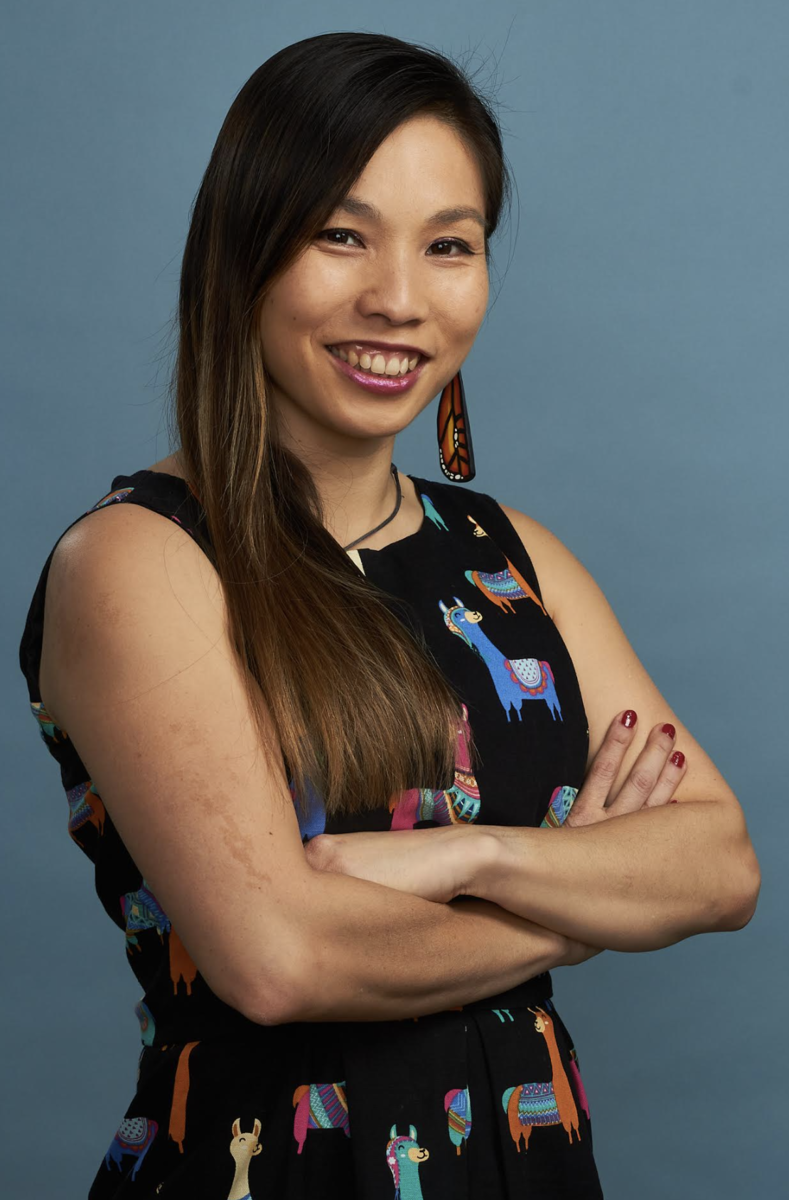AI the game changer, but who is allowed to play?
The year is 1996, I am in Year 10 (then called Form 5), and I try to convince my mother, a full-time supermarket worker on minimum wage, that I needed a home computer.
She was afraid. She had heard that you could access objectionable materials easily; she was convinced it was just a toy used only for playing games…the reasons were numerous and endless. Each is based on a myth.
 Fast forward to today, and I hear the same concerns and queries from parents and educators today. Why should we have tech in our classrooms? In our homes? Isn’t Minecraft just a game? I don’t see why my nine-year-old should have an iPad.
Fast forward to today, and I hear the same concerns and queries from parents and educators today. Why should we have tech in our classrooms? In our homes? Isn’t Minecraft just a game? I don’t see why my nine-year-old should have an iPad.
I work in schools and kura nationwide, especially in areas traditionally underserved by technology education. At the Pam Fergusson Charitable Trust, we focus on equity. We are a charity that creates opportunity through education, innovation & technology. To create opportunity, you have to first create access.
This year we saw the explosion of ChatGPT, DALL·E 2, Midjourney, ThisPersonDoesNotExist and countless others. The words artificial intelligence (AI) have become every second story in the news. But in reality, some form of automated machine learning en masse has been integrated into our lives for years. Virtual assistants like Siri, Alexa and Google Home, autonomous vehicles, and search results tailored for each user, you can hardly go anywhere without it affecting you personally in some way.
The level of opportunity that access to the internet and technology afforded people 25 years ago is potentially comparable to the opportunity that access to A.I. can afford people today.
While the benefits of AI technologies are vast, it is vitally important to consider the impact it may have on our society.
Equal access to tech
At the Pam Fergusson Charitable Trust, we believe that equal access to technology, and technology education, regardless of socioeconomic status or geographic location, is vital to the future of Aotearoa. As AI becomes prevalent, it has the potential to exacerbate existing inequities and also create new ones.
One major concern is that AI algorithms will perpetuate bias and discrimination. These algorithms are trained on historical data. Data which is biased and skewed. For example, facial recognition technology is often less accurate at identifying people of colour because of the lack of that data in the training sets. Here in Aotearoa, we have additional cultural considerations.
For example, if a Māori person has a facial moko (for example, a moko kauae) the designs of that moko are a taonga (treasure) and cannot and should not be stored on a server - especially one where the user doesn’t know where it is, or that is even being recorded. This can have serious implications for individuals who may be falsely identified and targeted by law enforcement or other authorities.
Another concern is that AI technologies will increase economic inequality. Any new technology will, eventually, as it becomes more advanced, replace human jobs. Job loss will disproportionately affect those that are already at the bottom end of our economy, and this will widen the gap between the rich and the poor. Those that can afford to invest in, use or purchase AI technology will have a competitive advantage over those who can’t.
Transparency and accountability
If we prioritise digital equity in the development and deployment of any technology, especially AI technology, we can address these concerns. This can mean doing things like investing in access to technology education for our underserved communities, making sure that AI algorithms are transparent and accountable and putting mechanisms in place for detecting and correcting biases.
What’s more, it is essential to have ethical considerations top of mind when implementing AI technology, especially in areas like hiring, policing and education. The recent stories from Cambridge High School and Pukekohe High highlight one such example. The school administration’s blanket acceptance of an AI algorithm’s decision to the detriment of a student’s grade is something we should all be very careful of.
We know that AI technologies are a game-changer. It will change everything we know about how we live our lives and how we work, and how we play. What we don’t want is to have two games, one benefitting those who have access and one where the game rules punish those who don’t.
Viv Chandra is a lead educational specialist with OMGTech!
